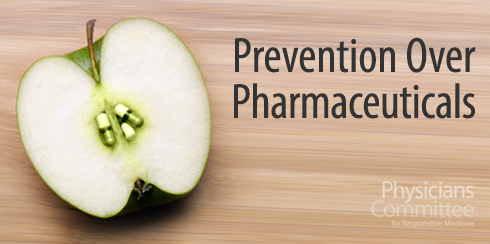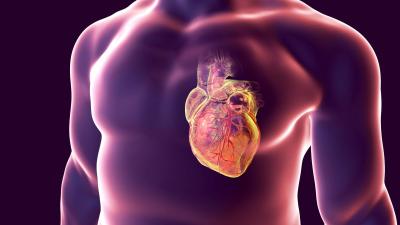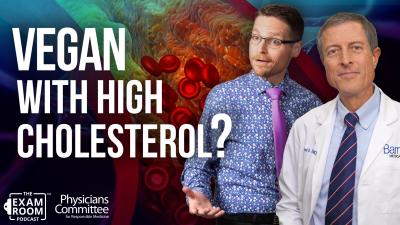Prevention Over Pharmaceuticals

The pressure is on in the pharmaceutical world, after Eli Lilly announced that its new cholesterol-lowering drug failed to prevent heart disease. The drug—which was pulled from clinical trials in October—had looked promising: It lowered patients’ LDL (“bad”) cholesterol levels, while boosting their HDL (“good”) cholesterol numbers. But as the trial went on, patients continued to suffer from heart attacks at the same rate as a placebo group.
The pressure is on in the pharmaceutical world, after Eli Lilly announced that its new cholesterol-lowering drug failed to prevent heart disease. The drug—which was pulled from clinical trials in October—had looked promising: It lowered patients’ LDL (“bad”) cholesterol levels, while boosting their HDL (“good”) cholesterol numbers. But as the trial went on, patients continued to suffer from heart attacks at the same rate as a placebo group.
The pharmaceutical industry has long been searching for a magic pill to halt heart attacks and cure heart disease. In fact, more Americans than ever before now take cholesterol-lowering drugs. Millions of lives and trillions of dollars later, heart disease remains our nation’s top killer.
So what’s the problem? While medications are sometimes necessary, our health care system’s approach to treating heart disease is upside down. When patients have high cholesterol, doctors are quick to search for a solution in a pill bottle. But many doctors never ask: Why is the patient’s cholesterol high in the first place? In most cases, the answer is a diet based on meat, dairy products, and eggs.
When we ignore diet and treat heart disease with medication alone, we might be able to mask symptoms here and there—like lowering blood pressure or cholesterol—but we fail to treat the underlying issues that caused the disease to begin with: years of damage caused by a diet rich in animal products.
Meat (including fish), dairy, and eggs are packed with fat, saturated fat, and cholesterol. These substances damage our cardiovascular systems, clog our arteries, and increase cholesterol levels in the blood. On the other hand, diets low in saturated fat and cholesterol can prevent—and sometimes even reverse—heart disease.
In fact, studies show that a healthy diet and lifestyle can prevent up to 80 percent of all heart attacks—something no drug can accomplish.
Fortunately, the tide is starting to turn as more and more doctors recognize the power of prevention. Under the leadership of president Kim Williams, M.D.—who adopted a vegan diet in 2003 and lowered his own cholesterol—the American College of Cardiology is working to improve cardiovascular health with a renewed focus on prevention and nutrition.
Are you a physician, registered dietitian, nurse, or certified diabetes educator? At the Physicians Committee, we have all the resources you’ll need to emphasize prevention over pills. Our website NutritionCME offers free online continuing education to health care professionals interested in using nutrition for health promotion and disease prevention. You can also read about how the Barnard Medical Center embraces the power of food for health.







